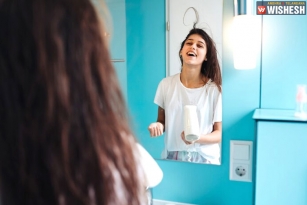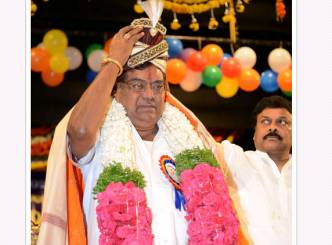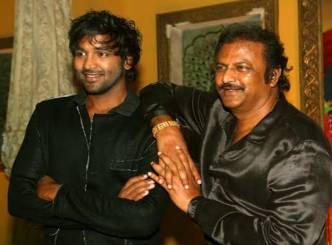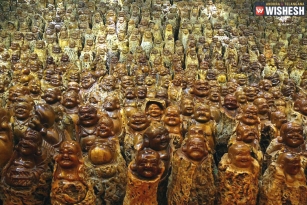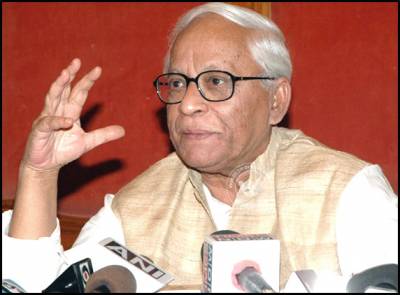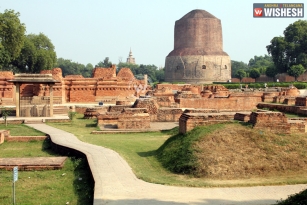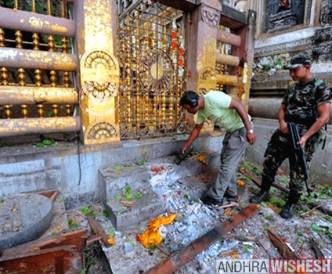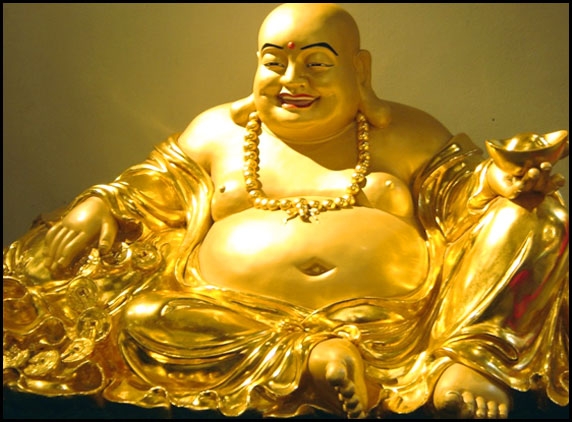
Regarded as a lucky charm, the 'Budai' or 'Laughing Buddha' as he is commonly called as, is perhaps one of the most adored and adorned Feng Shui symbols in most homes. But it would be wrong to mistake the cheerful Buddha with Lord Buddha, who showed the humankind its ways to 'Nirvana'.
A symbol of happiness and contentment, the wandering, cheerful monk, with a a large protruding stomach, wearing a robe, and carrying sackcloth is often portrayed seated on a cart drawn by boys, or holding an oogi (a wish giving fan). Japanes refer to him as Hotei, one of the Seven Lucky Gods and the patron of poor children. Buddhist traditions believe him to be Maitreya, the future Buddha. According to legend, if one rubs the Laughing Buddha's great belly, it brings forth wealth, good luck, and prosperity.
Confusion
Budai is often confused for the Buddha in West. But in reality, the Chinese name Budai has no connection with the Sanskrit word, Buddha.
Trivia
The 'Laughing Buddha' as Hotei is also said to be the patron saint of restaurateurs and fortunetellers.
Charm quotient
The 'Laughing Buddha' is popular as a house-warming gift. It is best to be gifted one, than buying it, should be kept on an elevated surface facing the main door, and never on the floor.
(AW: Suchorita Choudhury)




